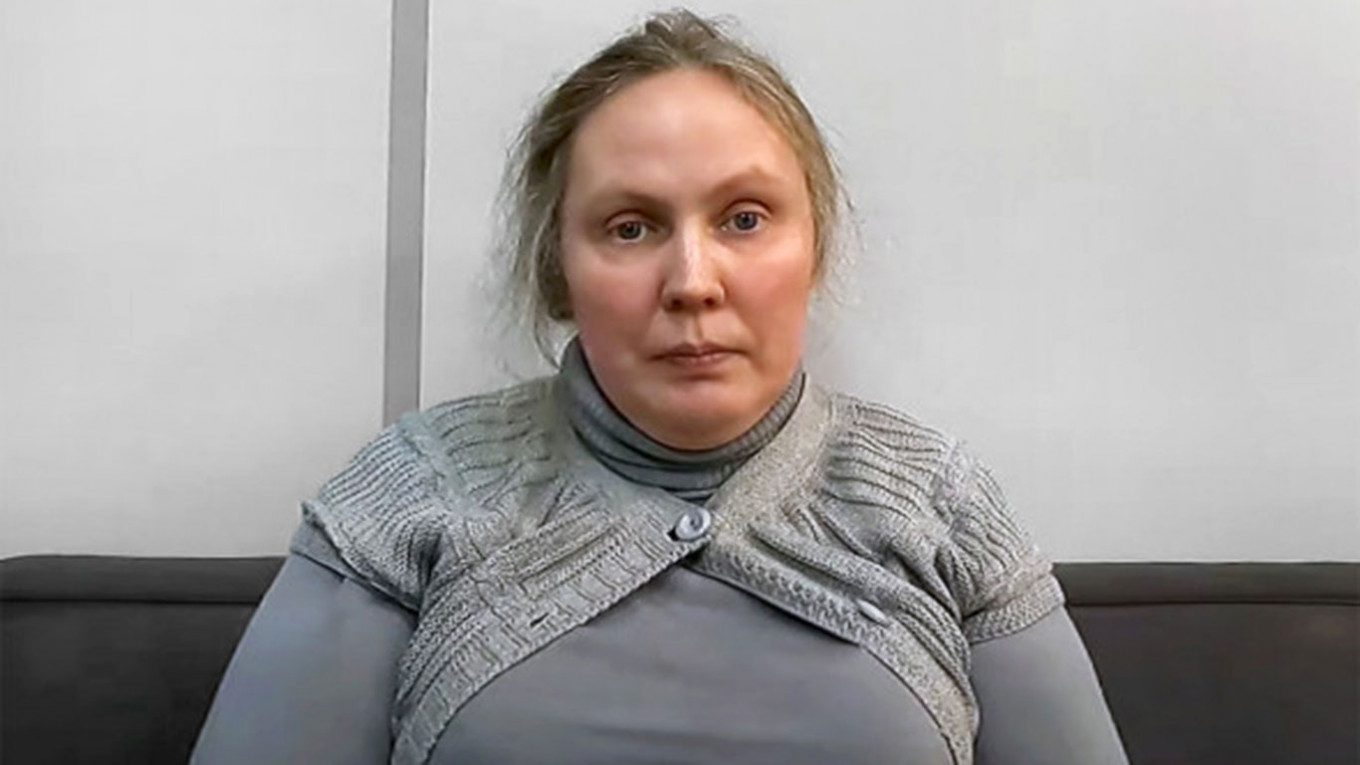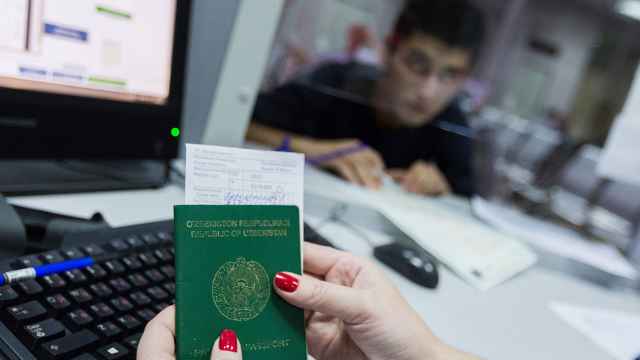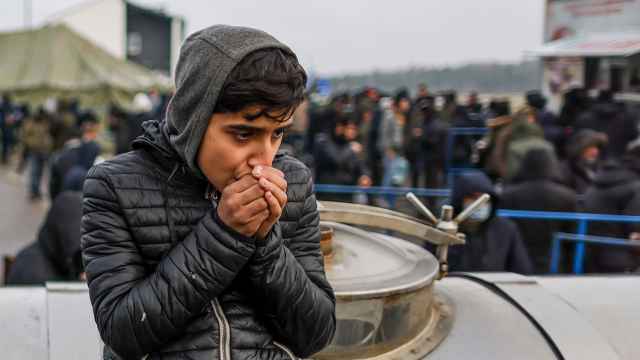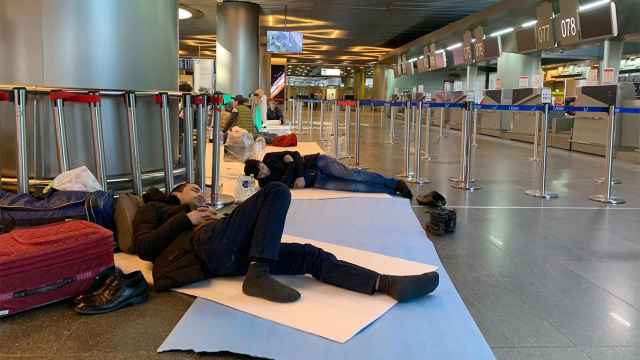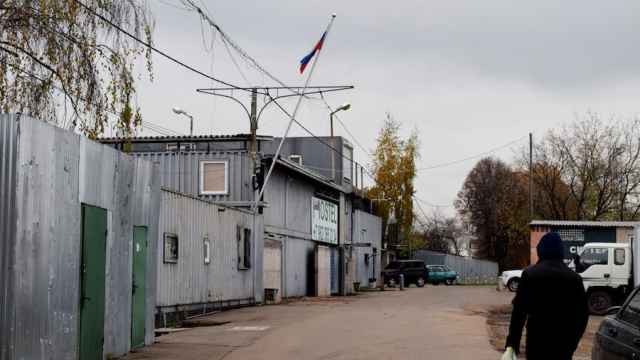Prominent migrant rights defender Valentina Chupik has fled to Armenia following a 30-year entry ban to Russia, she told The Moscow Times on Tuesday.
Chupik, an Uzbek activist who had held asylum in Russia since 2009, was detained at Moscow's Sheremetyevo Airport last month, with FSB officers telling her that her refugee status was revoked for alleged “document falsification” and that she is banned from entering Russia for 30 years. She has called the move “absolute nonsense” and expressed fears she could be jailed, tortured or killed if she were repatriated to Uzbekistan.
“I am currently in Armenia in a beautiful spot just on the outskirts of Yerevan,” Chupik told The Moscow Times via WhatsApp.
Last week, the European Court of Human Rights ruled that Chupik’s deportation to Uzbekistan should be suspended, applying Rule 39 of the Rules of Court, which is applied as an urgent measure in cases where there is an imminent risk of causing irreparable harm.
Russian law enforcement had also searched the apartment of Chupik’s 84-year-old mother two days after her detention.
Chupik and her mother have now applied for asylum in Ukraine and are currently awaiting a response from the Ukrainian authorities, her aides have said.
Chupik, 48, fled ex-Soviet Uzbekistan in 2005 following a bloody crackdown on protesters in the city of Andijan, claiming she was tortured by Uzbek special services.
In Moscow, Chupik founded the Tong Jahoni (Morning of the World) NGO which provides free legal services to migrants who have faced pressure from law enforcement agencies.
Each year, hundreds of thousands of migrant workers travel to Russia from former Soviet republics, mainly those in Central Asia, in search of better wages. Many face discrimination and abuse from Russian citizens and authorities.
But since the start of the coronavirus pandemic, Russia has seen a mass outflow of migrant workers, triggering efforts to tackle an emerging labor shortage in industries like construction and agriculture.
Earlier this year, Russia handed a 40-year entry ban to Tajikistan-born opposition activist Saidanvar Sulaimonov in what he called retaliation for his work on a Kremlin critic’s campaign for last month’s parliamentary election.
A Message from The Moscow Times:
Dear readers,
We are facing unprecedented challenges. Russia's Prosecutor General's Office has designated The Moscow Times as an "undesirable" organization, criminalizing our work and putting our staff at risk of prosecution. This follows our earlier unjust labeling as a "foreign agent."
These actions are direct attempts to silence independent journalism in Russia. The authorities claim our work "discredits the decisions of the Russian leadership." We see things differently: we strive to provide accurate, unbiased reporting on Russia.
We, the journalists of The Moscow Times, refuse to be silenced. But to continue our work, we need your help.
Your support, no matter how small, makes a world of difference. If you can, please support us monthly starting from just $2. It's quick to set up, and every contribution makes a significant impact.
By supporting The Moscow Times, you're defending open, independent journalism in the face of repression. Thank you for standing with us.
Remind me later.



